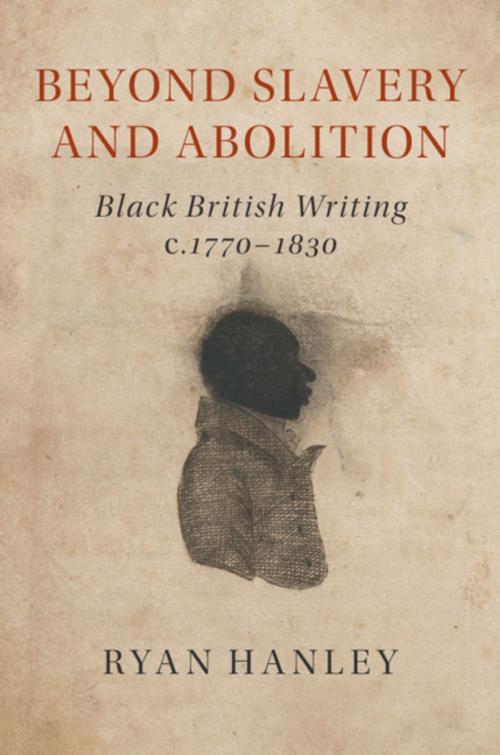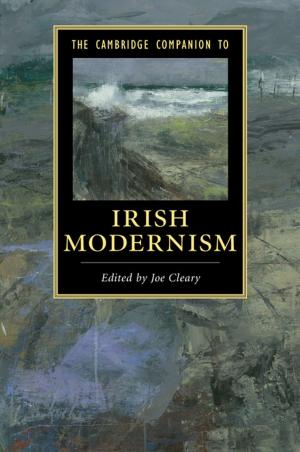Beyond Slavery and Abolition
Black British Writing, c.1770–1830
Nonfiction, History, British, Fiction & Literature, Literary Theory & Criticism| Author: | Ryan Hanley | ISBN: | 9781108617017 |
| Publisher: | Cambridge University Press | Publication: | October 31, 2018 |
| Imprint: | Cambridge University Press | Language: | English |
| Author: | Ryan Hanley |
| ISBN: | 9781108617017 |
| Publisher: | Cambridge University Press |
| Publication: | October 31, 2018 |
| Imprint: | Cambridge University Press |
| Language: | English |
The first full-length historical study of pre-abolition black British writing, this book challenges established narratives of eighteenth-century black history that focus almost exclusively on slavery and abolition. Ryan Hanley expands our perspectives to encompass the often neglected but important black writers of the time, and highlights their contribution to politics, culture, and the arts. He considers the lives and works of contemporary black literary celebrities alongside largely forgotten evangelical authors and political radicals to uncover how they came to produce such diverse and powerful work. By navigating the social, religious, political and professional networks that surrounded these authors and their writing, he also reveals that black intellectuals were never confined to the peripheries of British culture. From the decks of Royal Navy ships to the drawing rooms of country houses, from the pub to the pulpit, black writers, and the work they produced, helped to build modern Britain.
The first full-length historical study of pre-abolition black British writing, this book challenges established narratives of eighteenth-century black history that focus almost exclusively on slavery and abolition. Ryan Hanley expands our perspectives to encompass the often neglected but important black writers of the time, and highlights their contribution to politics, culture, and the arts. He considers the lives and works of contemporary black literary celebrities alongside largely forgotten evangelical authors and political radicals to uncover how they came to produce such diverse and powerful work. By navigating the social, religious, political and professional networks that surrounded these authors and their writing, he also reveals that black intellectuals were never confined to the peripheries of British culture. From the decks of Royal Navy ships to the drawing rooms of country houses, from the pub to the pulpit, black writers, and the work they produced, helped to build modern Britain.















